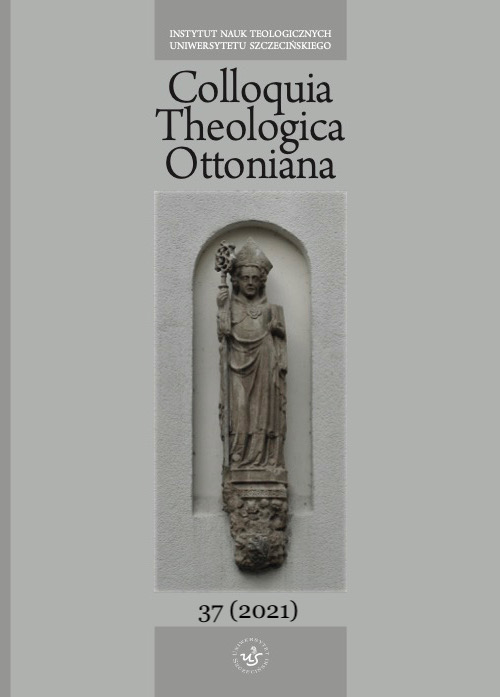„Mimo drzwi zamkniętych” (J 20,26). Refleksja nad duchowością komunii w warunkach izolacji społecznej na przykładzie Ruchu Focolari
“Despite the closed doors ” (jn 20:26): Reflection on the spirituality of communion in conditions of social isolation , using the example of the focolare movement
Author(s): Katarzyna WasiutyńskaSubject(s): Politics / Political Sciences, Christian Theology and Religion, Law, Constitution, Jurisprudence, Political Theory, Theology and Religion, Politics and religion, Pastoral Theology, Other Christian Denominations
Published by: Wydawnictwo Naukowe Uniwersytetu Szczecińskiego
Keywords: Pandemic; social isolation; spirituality of communion; Focolare Movement; virtual space
Summary/Abstract: The period of social isolation due to the pandemic limited the opportunities for meetings between small and large communities and left a deep mark on the form of experiencing the spirituality of communion, which is one of the most characteristic features of the post-Conciliar Church. An example is the Focolare Movement, where the privileged path to union with God is the relationship of love for one’s neighbour, in which Jesus’ promise is fulfilled that he stands among those gathered in his name (cf. Mt 18:20). Chiara Lubich, the founder of the Focolare, saw in modern technological advances the possibility of developing Christian love, which by its nature is universal. The period of the pandemic marked an unexpected breakthrough in this aspect, as well as in the wider understanding and practice of ecclesial communion. The abolition or prolonged limitation of physical meetings has led to the intensive use of other means of communication, making the virtual space a potential place for communal spiritual experience and concrete action for the benefit of others. A remarkable event in its course and fruitfulness, carried out remotely, was the General Assembly of the Movement, which, according to the Statutes, takes place every six years and is the supreme organ of power. The common discernment typical of Focolarini implies, as a fruit of mutual love, the presence of the Risen One, who makes the voice of the Holy Spirit resound with all power. The adaptation of the forms of the spirituality of communion to external circumstances shows an irresistible need to share a spiritual experience and, if it is authentic, leads to a deepening of the relationship with God and between persons, despite the difficulties.
Journal: Colloquia Theologica Ottoniana
- Issue Year: 2021
- Issue No: 37
- Page Range: 265-278
- Page Count: 14
- Language: Polish

